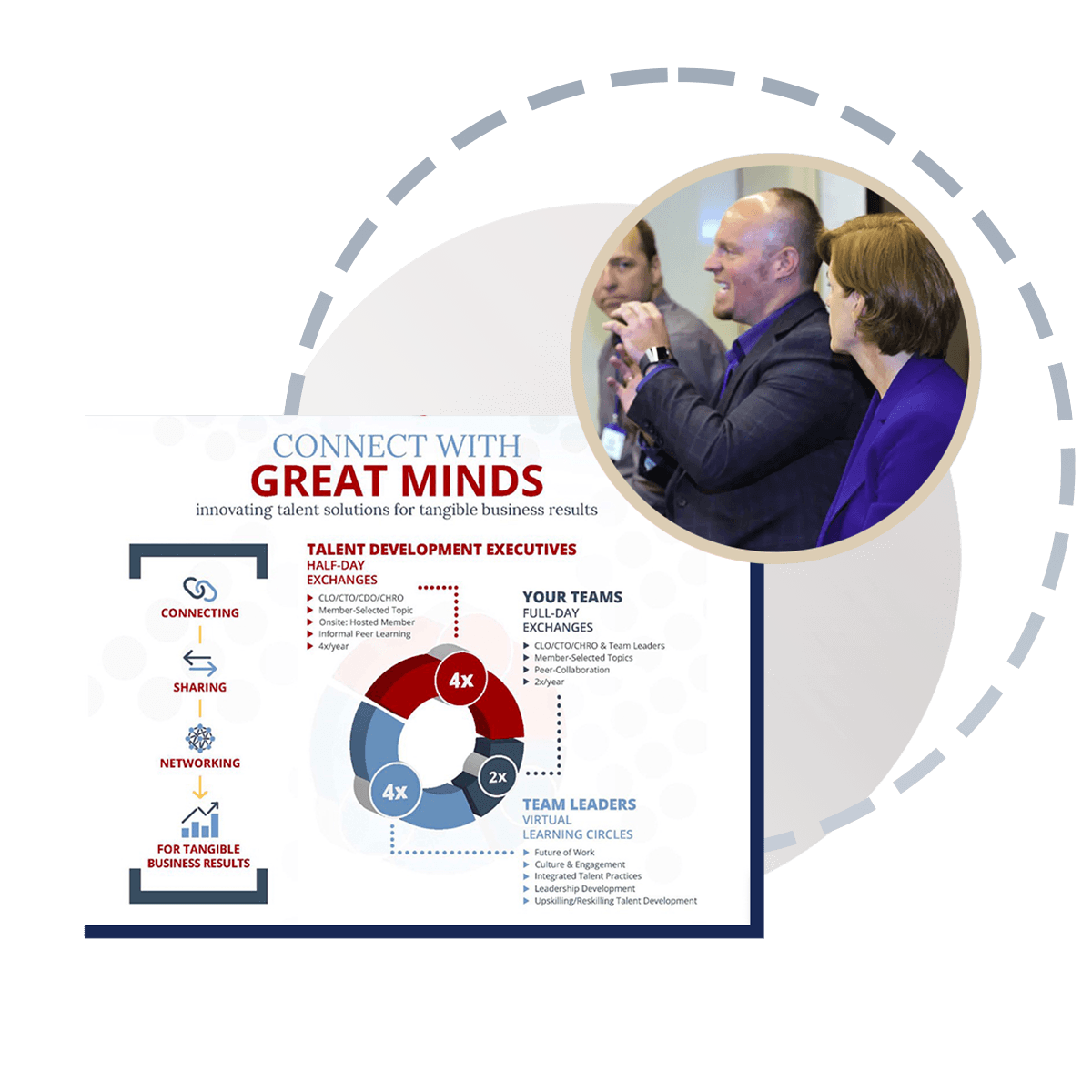Session Focus: Discover Goodyear's innovative platform that enhances leadership through flexible and interactive cohort learning.
This session provided crucial insights into the evolving landscape of learning and development (L&D), compelling us to reflect on our current approaches.
"We must transcend traditional classrooms and rethink how and where learning happens." -- Rachel Ruegg
This perspective challenges us as HR leaders to adapt and innovate in our training methodologies to better meet the needs of a diverse and global workforce.

Three key takeaways from the discussion are especially relevant:
- Embrace Flexible Learning Modalities: The shift toward asynchronous and flexible learning environments is essential. This approach accommodates individual learning styles and schedules, increasing engagement and allowing employees to learn at their own pace and on their own terms.
- Facilitator’s Evolving Role: The role of L&D facilitators is no longer confined to the front of a traditional classroom but extends into guiding real-time application of skills in the workplace. This shift requires us to support and train facilitators to engage actively and supportively with learners in these new, dynamic roles.
- Align L&D with Business Outcomes: It is crucial to align L&D initiatives closely with business goals. Designing learning experiences that directly support organizational objectives ensures that L&D is perceived not just as a cost center but as a strategic investment driving tangible business impact.
By integrating these strategies into our L&D frameworks, we can ensure our learning initiatives are not only more adaptive and responsive to the needs of our workforce but also aligned with the strategic directions of our organizations. Let's champion these changes to foster a more engaged, efficient, and effective workforce.
